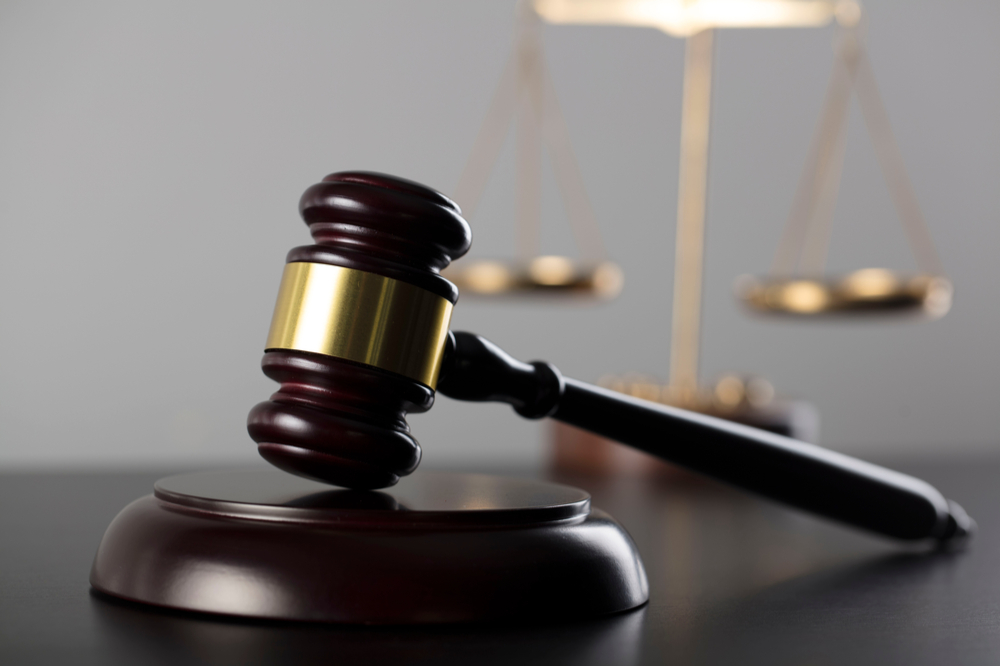The 5 Most Common Legal Malpractice Claims and Why They Happen
Legal Malpractice

Legal malpractice occurs when an attorney causes harm to a client due to some sort of negligence, breach of duty, or breach of contract. In any legal matter, lawyers are expected to act and carry out their duties to a certain standard of care. If an attorney fails to act in a competent manner, then that person may be liable for legal malpractice. The following are the most common malpractice claims and why they sometimes happen.
1. Failure to Know the Law
According to the American Bar Association, failure to know or apply the law is the most common malpractice claim in the United States. It is reasonable to expect attorneys to have extensive knowledge in their area of practice. Understanding the law and knowing how to apply it in different situations is crucial to the success of any case. This type of negligence may be more likely to occur when an attorney practices in multiple areas of the law. This makes it more difficult to know and understand the specifics of the law in each particular field.
2. Failure to Meet Deadlines
Failing to meet crucial deadlines, such as filing paperwork with the court, can result in serious repercussions for a client. There may be deadlines for filing various documents at several stages throughout the legal process. Missing any one of them can prove detrimental to the client. This can happen when several attorneys in one firm have been working on a single case. More than one lawyer could be handling various aspects of the case due to high turnover in the firm or a heavy workload. When there isn’t a single lawyer continuously following a case, missing critical deadlines is more likely to occur.
3. Planning Errors
Planning errors can occur when an attorney doesn’t adequately plan for every reasonable outcome. These errors could include everything from not coming up with a competent strategy in a civil case to not keeping and then submitting copies of important documents in response to motions to dismiss the lawsuit. This could happen more often for attorneys who haven’t digitized all forms and documents and have an inefficient method of document retrieval.
4. Inadequate Discovery
An attorney is expected to uncover all relevant information regarding a case. An example of inadequate discovery is when a lawyer doesn’t uncover all of the financial assets of one of the spouses during a divorce. The attorney may be liable for malpractice if he or she advised the client to take a settlement without having made a thorough investigation of all the spouse’s assets. Investigating all relevant facts, finding witnesses, and requesting necessary information to properly handle a case can be time consuming. Lawyers that are overworked or not as committed to their clients as they should be may cut corners, which leads to negligence.
5. Failure to Calendar
Failure to calendar is not meeting a deadline to file a suit or take action in a particular case. If the attorney is hired to pursue a personal injury claim and the statute of limitations (time to bring the lawsuit) for the claim passes before an attorney files the necessary paperwork, he or she would likely be liable for legal malpractice. Insureon states that simple clerical errors sometimes lead to a failure to calendar. Lawyers who don’t have a specific protocol for managing their calendars may be more likely to make this kind of error.
